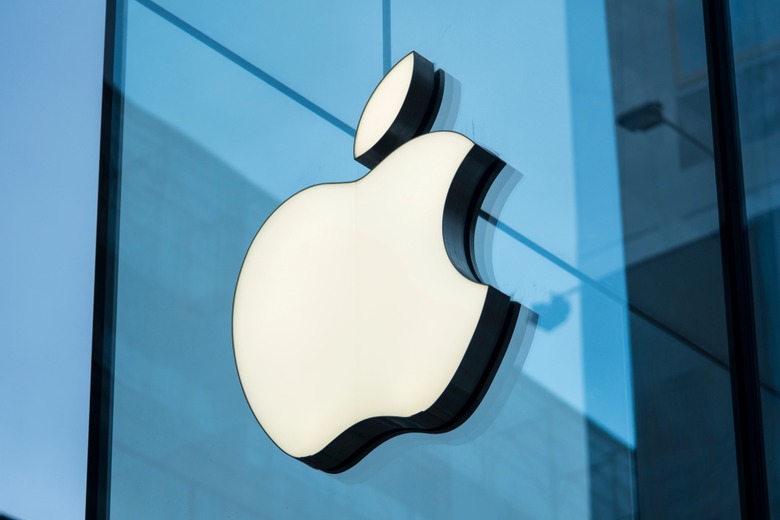iPhone Owners Are Much More Likely To Be Targeted By Phishing Scams
- Web phishing attacks are on the rise, and thanks to brand loyalty and especially iPhone fans, attempts to scam Apple consumers are among the most common brand-related phishing attempts.
- That's according to a new report from Check Point Research, which finds that Apple was the brand most often the subject of web phishing attempts during the first quarter of this year.
- Visit BGR's homepage for more stories.
Just because the coronavirus pandemic exploded around the world during the first quarter, that doesn't mean everything else stopped in its tracks, though you'd certainly be forgiven for thinking that based on the unrelenting amount of news coverage dedicated to the virus. There are still major developments happening related to the 2020 contest for the White House, for example, like President Obama endorsing Joe Biden for the Democratic nomination Tuesday — and online scammers are still on the prowl looking for victims, as a new report about phishing activity during the quarter reveals.
Check Point Research's Brand Phishing Report for the quarter finds that Apple was the brand that phishing scammers most often pretended to represent to try and fool consumers, up from seventh place back in the fourth quarter. According to the firm, "this was due in part to the anticipated launch of the new Apple Watch, with criminals exploiting the online buzz to launch several credential theft attempts."
What should also come as no surprise is the fact that this report pinpoints mobile phishing as the second most common attack vector compared to the fourth quarter, when it was in third place. Check Point speculates that's probably a function of the fact that people are relying on their smartphones even more than they usually do right now for information, entertainment, and work, since millions of people around the world are stuck at home (and working from home) because of the coronavirus. "There are also similarities in the brands being used in web and mobile phishing vectors, such as Netflix and PayPal, which have risen in popularity due to an increase in the number of people working from home as a result of the coronavirus," the report continues.
Attesting to the fact that Apple commands such rock-solid brand loyalty from consumers around the world, web phishing targeting Apple consumers was the most common attack (with web phishing itself representing the most common attack vector during the quarter). This can be done in a number of ways, such as by trying to trick people into visiting a fake brand site via a sketchy mobile app.
Per the report, web phishing represented 59% of phishing attacks during the quarter, targeting consumers of the following brands:
- Apple
- Netflix
- PayPal
- eBay
Mobile phishing attacks, meanwhile, targeted consumers of these brands (in order):
- Netflix
- Apple
- Chase
To avoid becoming a victim yourself, the report recommends taking the following steps:
- Verify you are using or ordering from an authentic website. One way to do this is by not clicking on promotional links in emails, and instead, by Googling a retailer and clicking the link directly from the Google results page.
- Also, beware of special offers. Have some common sense to know that an 80% discount offer on the newest iPhone is not a reliable or trustworthy opportunity.
- Finally, try and keep an eye out for spelling errors in emails or websites, and unfamiliar email senders.
